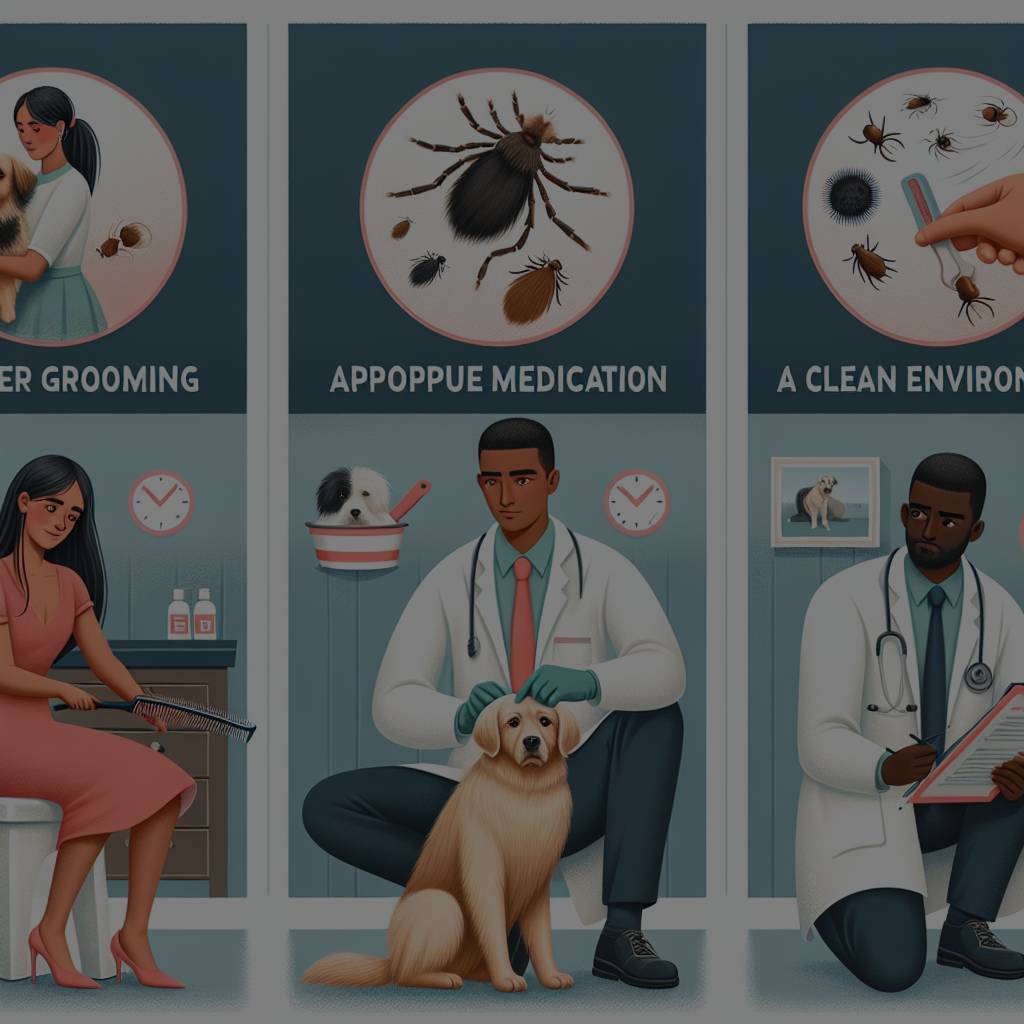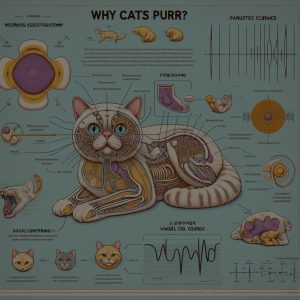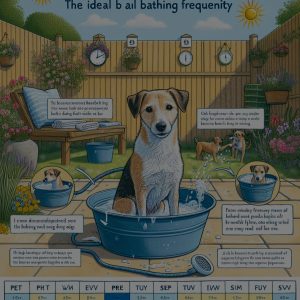
Fleas and ticks are not just a nuisance for dogs, but they can also pose serious health risks. It’s important for dog owners to take preventive measures to protect their furry friends from these pesky parasites. In this article, we will discuss why flea and tick prevention is essential for dogs, the risks associated with these parasites, expert tips for effective prevention, and the importance of regular check-ups and professional guidance.
Why Flea and Tick Prevention is Essential for Dogs
Fleas and ticks are not only bothersome to dogs, but they can also lead to various health problems. They can cause severe itching, skin irritations, and allergies. In some cases, these parasites can transmit diseases such as Lyme disease and Rocky Mountain spotted fever. By implementing preventive measures, dog owners can avoid these issues and ensure the overall well-being of their pets.
Understanding the Risks Associated with Fleas and Ticks
Fleas and ticks are more than just annoying insects; they can pose serious health risks to dogs. Fleas can cause allergic reactions that result in excessive scratching and discomfort. Moreover, fleas can lay eggs in your dog’s fur, leading to an infestation in your home. Ticks, on the other hand, can transmit diseases to dogs, such as Lyme disease, anaplasmosis, and ehrlichiosis. It’s crucial for dog owners to understand the potential risks associated with these parasites and take preventive measures accordingly.
Expert Tips for Effective Flea and Tick Prevention
Preventing fleas and ticks requires a multi-faceted approach. Here are some expert tips to effectively protect your dog:
-
Regularly check your dog’s fur for signs of fleas and ticks. Look for tiny black insects or small, round bumps on the skin. Use a fine-toothed comb to help remove any parasites.
-
Keep your dog’s environment clean and tidy. Vacuum your carpets regularly, wash your dog’s bedding frequently, and ensure your yard is free from debris and tall grass where ticks may hide.
-
Use preventive products recommended by your veterinarian. These may include monthly topical treatments, oral medications, or flea and tick collars. It’s important to follow the instructions carefully and administer the products as directed.
Importance of Regular Check-ups and Professional Guidance
Regular check-ups with your veterinarian are crucial for maintaining your dog’s health and preventing flea and tick infestations. Vets can provide expert advice on the most effective preventive treatments for your specific dog, taking into consideration factors such as their breed, age, and lifestyle. They can also offer guidance on proper application and dosage to ensure maximum effectiveness. By working closely with professionals, dog owners can stay proactive in protecting their pets from fleas and ticks.
Flea and tick prevention should be a priority for every dog owner. By understanding the risks associated with these parasites and following expert tips, you can effectively protect your furry friend from discomfort and potential health issues. Regular check-ups with your veterinarian will ensure you have the most up-to-date information and guidance for maintaining your dog’s well-being. Remember, a little prevention goes a long way in keeping your dog happy and healthy.
Certainly! Here’s your new SEO-friendly paragraph with embedded external links related to the topic: — Speaking of protecting your furry friends, you might be interested in learning more about [Lyme Disease](https://en.wikipedia.org/wiki/Lyme_disease) and its impact on both humans and animals. To understand the broader context, checking out information on [Ticks](https://en.wikipedia.org/wiki/Tick) will give you insight into these parasites, their life cycle, and the diseases they can transmit. Additionally, for a more comprehensive understanding of flea-related issues, visit the [Flea](https://en.wikipedia.org/wiki/Flea) article. If you’re curious about preventive measures, articles on [Pest Control](https://en.wikipedia.org/wiki/Pest_control) might offer some intriguing insights. By staying informed, you can make the best decisions for your dog’s health and well-being. — Feel free to integrate this into your content!










